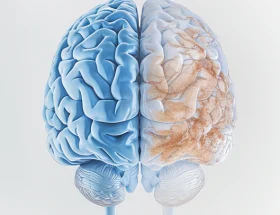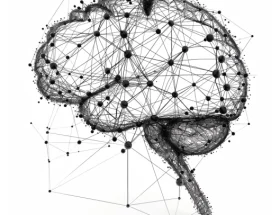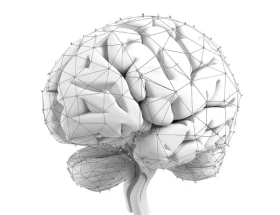Anjos et al. (2013) examine how early nutrition influences cognitive and behavioral development in children. The study highlights the connection between maternal diet during pregnancy and the long-term neurodevelopmental outcomes of offspring. By focusing on specific nutrients and the holistic impact of nutrition, this research contributes to an evolving understanding of how dietary factors shape cognitive abilities.
Background
Nutrition has long been recognized as a key factor in supporting healthy development, particularly during the prenatal and early childhood periods. This review provides a comprehensive analysis of studies linking maternal and early-life nutrition to cognitive performance in children. Central to the discussion is the European Project NUTRIMENTHE, which aims to explore these relationships further and provide evidence for informed public health interventions.
Key Insights
- The Role of Micronutrients: Nutrients such as folate, n-3 fatty acids, and iron are identified as significant contributors to brain development during pregnancy and early life.
- Beyond Single Nutrients: The research emphasizes that single-nutrient supplementation may not suffice. A more comprehensive nutritional approach could yield better outcomes for cognitive and behavioral development.
- Genetic Variability: The review underscores the importance of accounting for genetic differences in future research, as these may influence how individuals respond to nutritional interventions.
Significance
This study bridges the gap between nutritional science and neurodevelopmental research, emphasizing the importance of maternal diet in shaping long-term cognitive outcomes. It challenges conventional approaches to supplementation, advocating for strategies that address multiple nutrients and consider individual genetic differences. Such findings have implications for public health policies and interventions aimed at improving child development outcomes.
Future Directions
The research highlights the need for further studies to better understand the relationship between nutrition and cognitive development. Specifically, exploring the impact of comprehensive dietary interventions and the role of genetic variability could advance knowledge in this field. The NUTRIMENTHE project is well-positioned to address these gaps, providing a foundation for future discoveries.
Conclusion
Anjos et al. (2013) present a thoughtful review of the complex relationship between early nutrition and neurodevelopment. By addressing both the potential and the limitations of current approaches, the study offers valuable insights for researchers, practitioners, and policymakers working to improve cognitive and behavioral outcomes in children.
Reference
Anjos, T., Altmäe, S., Emmett, P., Tiemeier, H., Closa-Monasterolo, R., Luque, V., … & Campoy, C., & The NUTRIMENTHE Research Group. (2013). Nutrition and neurodevelopment in children: focus on NUTRIMENTHE project. European Journal of Nutrition, 52(8), 1825-1842. https://doi.org/10.1007/s00394-013-0560-4










